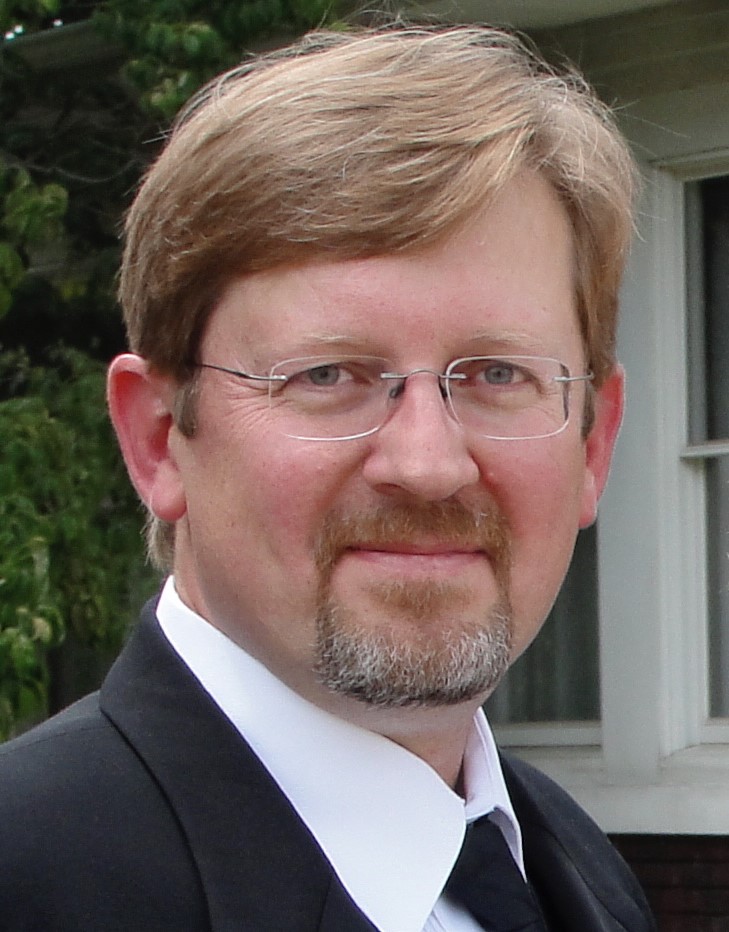Here is an interview with Don Gelosh, the Director of Systems Engineering at Worcester Polytechnic Institute, which talks about his experience and perspective as faculty of the academic equivalency program. Happy SEPtember!

This interview was done in 2022.
Q2. What is one of your proudest professional achievements?
» My proudest professional achievement is getting my PhD. I would add a close second is getting my ESEP-Acq certification.
Q3. What skills do you think a systems engineer should develop during their education?
» In addition to having some level of awareness across all SE methods and processes, SEs should also try to be a recognized expert in a couple areas. SEs also need to learn technical leadership and other professional skills such as communication, negotiation, and facilitation.
Q4. What was your university’s motivation behind joining the academic equivalency program?
» We wanted to give our excellent SE students an opportunity to get their INCOSE certification without worrying about the Knowledge Exam. We also wanted to increase enrollment in our SE program.
Q5.What do you see as the benefits of the academic equivalency program for a university and a student?
» One great benefit is the recognition that our Concepts course provides the knowledge necessary to get INCOSE certified. We see this as a differentiator in the education market for SE.
Q6. What methods do you use to teach SE courses effectively?
» We use a variety of methods from lectures, in-class discussions, discussion posts, individual and team projects, to personal 1x1 instruction. The motto of WPI is Theory and Practice that makes an Impact. We work very hard to balance the theory and practice in each of our SE courses and the overall SE program.
Q7. How do your SE courses help students to deepen their understanding of systems engineering?
» The courses in our graduate SE program in total cover the entire system lifecycle. We provide examples and conduct in-class discussions with working professionals and how they do SE at their jobs. We work to bring SE to life through individual and team projects. We encourage our SE students to apply the techniques they learn one evening to their jobs the next day. Practicing the Art of SE really deepens their understanding.
Q8. How do your SE courses differ from those at other universities?
» We tailor the courses and our entire SE program to align with the needs of our students and their companies. We are very keen to ensure the learning outcomes of our offerings match their needs.
Q9. What is your advice for universities or institutes considering applying for academic equivalency?
» My best advice is to not make achieving Academic Equivalency very hard for the students. It should be a straightforward, understandable process that only involves 1 or 2 courses at the most. Making it too hard defeats the purpose. Keep in mind that Academic Equivalency does not equate to certification. It only allows the students to waive the Knowledge Exam, no more. If the students can demonstrate a mastery of the knowledge covered by the exam, then they qualify for the waiver.
Q10. How can we reach out to you?
» You can reach me at : https://www.linkedin.com/in/don-gelosh-581aa44a/
Know more about academic equivalency from here.